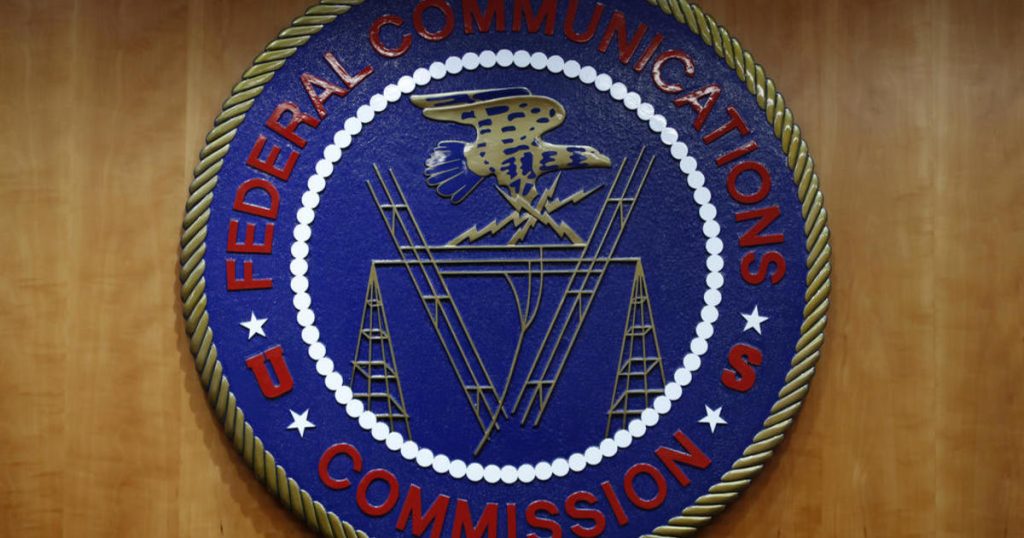The Federal Communications Commission has introduced a proposal that would require political advertisers to disclose the use of AI-generated content in broadcast TV and radio ads. The goal is to add transparency as AI tools produce realistic images, videos, and audio clips that could potentially mislead voters in the upcoming U.S. election. However, the regulations would only cover TV, radio, and some cable providers, not digital or streaming platforms. FCC Chair Jessica Rosenworcel emphasized the importance of consumer awareness regarding the use of AI tools in political ads.
The proposal would require broadcasters to verify whether political advertisers used AI tools to generate their content. Details such as where the disclosure should be made and the definition of AI-generated content need to be discussed. The goal is to have the regulations in place before the election, with a focus on defining AI-generated content as that created using computational technology or machine-based systems. The FCC aims to address the challenges posed by the increasing use of AI in political communications and prevent misinformation and manipulation.
Political campaigns have been increasingly using generative AI for various purposes, from building chatbots to creating videos and images. The proposal comes in response to concerns about the potential misuse of AI-generated content to spread misinformation and manipulate voters. The FCC’s initiative has been welcomed by advocacy groups and lawmakers who recognize the need for transparency in political advertising. As the technology becomes more accessible, there are calls for regulations to address the threats posed by AI-generated deepfakes.
Lawmakers on both sides of the aisle have acknowledged the need for legislation to regulate the use of AI in politics. A bipartisan bill introduced by Sen. Amy Klobuchar and Sen. Lisa Murkowski seeks to require disclaimers on political ads that use AI-generated content. While the FCC’s jurisdiction is limited, Chair Rosenworcel’s proposal represents a significant step towards enhancing transparency in political advertising. The hope is that government agencies and lawmakers will continue to work together to establish clear standards for the use of AI in political communications.
The growing use of generative AI in political campaigns has raised concerns about the potential for misinformation and manipulation of voters. The FCC’s proposal aims to address these threats by requiring disclosure of AI-generated content in broadcast TV and radio ads. With the upcoming U.S. election drawing near, there is a sense of urgency to implement regulations that can help safeguard the integrity of the electoral process. By taking proactive steps now, the FCC is paving the way for greater transparency and accountability in political advertising.
In light of the increasing prevalence of AI tools in political communications, there is a growing need for regulatory measures to prevent the spread of misinformation and deepfakes. The FCC’s proposal reflects a broader effort to address the challenges posed by AI technology and its potential impact on democratic processes. By establishing transparency standards for the use of AI in political advertising, the FCC is sending a clear message that safeguarding election integrity is a top priority. As the debate over AI regulation continues, the proposal represents a crucial first step towards ensuring that voters are informed and protected from deceptive practices in political campaigns.


